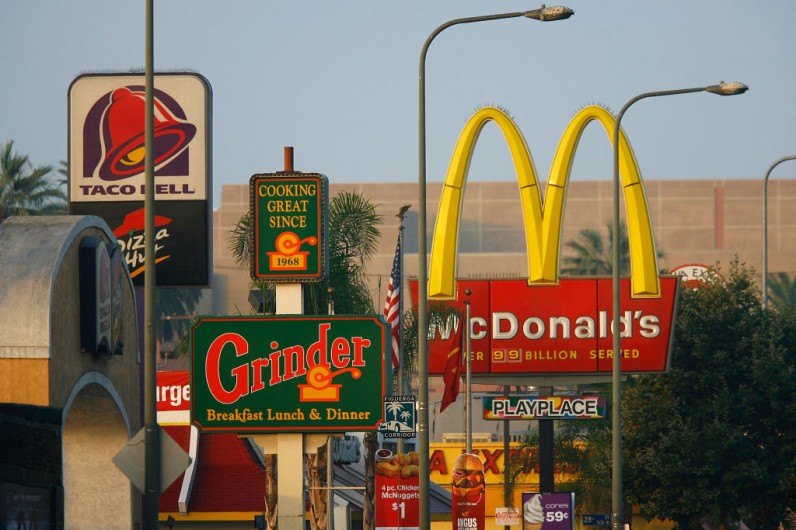
Inflation is now felt among low-income American consumers as prices surge, leading some of the nation's biggest corporations to voice concerns about the impact on low-income households, according to CNBC.
While the rate of inflation has declined since its peak in mid-2022, it remains above the Federal Reserve's target of 2%. The enduring impact of inflation is evident in consumer confidence levels, which hit their lowest point since mid-2022, according to data from the Conference Board.
Although workers receive higher wages, the prices of goods and services they need to buy are also increasing. As a result, the extra money earned from higher wages is not going as far as it used to because the higher cost of living is eating it up.
This is especially worrisome for low-income individuals or families, as they feel the impact of rising prices more severely than those with higher incomes.
READ NEXT : McDonald's Admits Losing Customers as Lower-Income Americans Opt to Cook at Home Instead
Effects of Low-income American Consumer Spending on Companies
McDonald's and other companies feel the effects of reduced consumer spending, with same-store sales growth falling below expectations.
CEO Chris Kempczinski underlined consumers' ongoing challenges during the company's recent earnings call, noting that higher prices force customers to be more conscious of their spending.
To combat this, McDonald's emphasizes the need to focus on affordability, especially for low-income customers.
However, not all consumer-facing companies are experiencing adverse effects. Some, like Colgate-Palmolive, are seeing growth returns as inflation stabilizes.







Join the Conversation